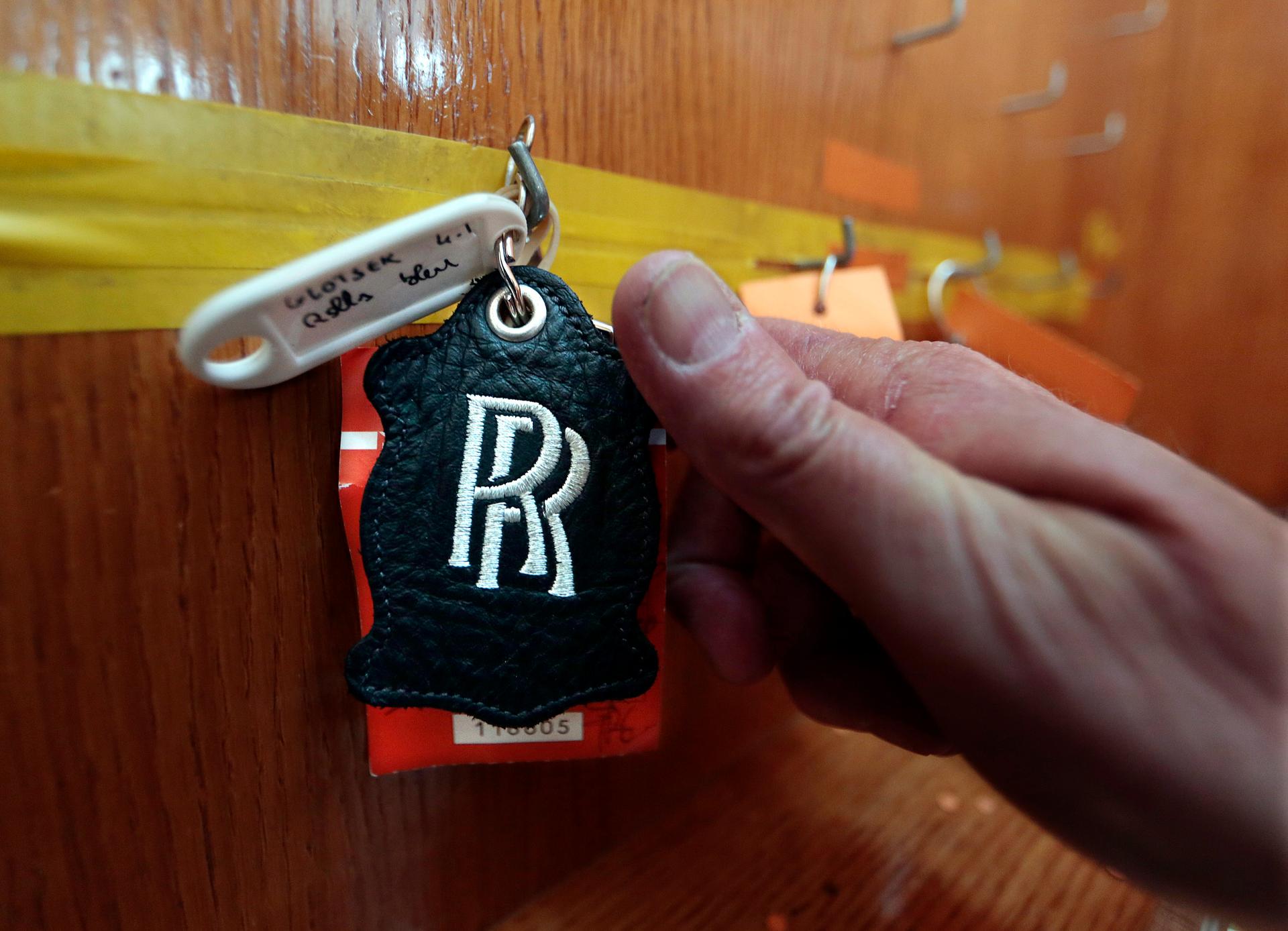What are Dybbuks? For this writer, they are the mysterious beings who "borrow" her car keys and move things around to confuse her. Sometimes we need some kind of explanation for randomness, right?
I bent down on the escalator at Detroit Metro Airport to get out my car keys. I always put them in the same pocket in my suitcase when I travel.
They weren’t there.
I checked again. Nope. No keys.
I put down my computer bag when I got to the bottom and checked my suitcase pocket more carefully. Still no keys.
It was time to dump everything out of both bags and do a full-on search.
I moved my stuff off to a corner. I opened up the pocket where I had put my keys to look one more time before I unpacked the whole bag on the airport floor.
And there they were. Right there! Not tucked away, not hidden behind something, but in full view.
The Dybbuk.
That would be my mother’s response. The Dybbuk borrowed them and then put them back.
I’d heard this refrain a lot growing up because like my mom, I frequently lose things that I then find later right where they were supposed to be. I don’t get how that works, but it happens a lot. It happened enough to my mother and as I recall to her mother that such occurrences in my family were chalked up to the Dybbuk.
I never believed in the tooth fairy, thought the whole rigmarole of Elijah needing to be let in to drink wine at Passover was crazy talk. I couldn’t believe my friends really, (no really?) believed in Santa Claus. I’m skeptical as all get out about most things.
But the Dybbuk, that little mischievous Yiddish demon that borrows my stuff — yeah, OK, that added up.
It helped me make sense of things that made no sense.
The Dybbuk is an explanation I’ve shared with countless friends — never realizing that it isn’t a thing.
I thought I was at least buying into some long-held cultural folklore. But it seems my family made this up. Perhaps I’m now inadvertently spilling the beans on some closely guarded cultural secret that has been kept from the prying eyes of Wikipedia and the like, but from everything I’ve read on the internet in the last couple days, the Dybbuk is just a nasty evil spirit that possesses people — mostly sick or dead bodies. It doesn't also borrow and return car keys, plastic horses, knit winter hats. Not even earrings.
Say it ain't so.
Yeah, now I know how all my friends felt when they found out Santa Claus wasn’t real (perhaps once or twice from me, sorry guys.) It sucks when something you kind of believed in that explained things you didn’t understand gets ripped away.
I felt let down that my inability to keep track of stuff isn’t part of some larger cultural trait that spawned mythology to explain.
But then it dawned on me: I’m a mentally preoccupied person who loses track of my stuff, like my mom and her mom. So it was recent ancestors who created our own family mythology on top of the cultural folklore about the Dybbuk to explain the unexplainable reappearance of things like my car keys.
In the end I decided I’m OK with that. The stories we tell ourselves about our world don’t have to have a long history. They just have to mean something to us.
I guess the Dybbuk just borrowed my faith in it for a couple days before putting it back where it belongs.
Tamar Charney writes occasionally on topics as varied as haints, Yik Yak, jihadi brides and things Icelandic. Do you believe mischievous beings hide your stuff? Let us know in the comments section below.
